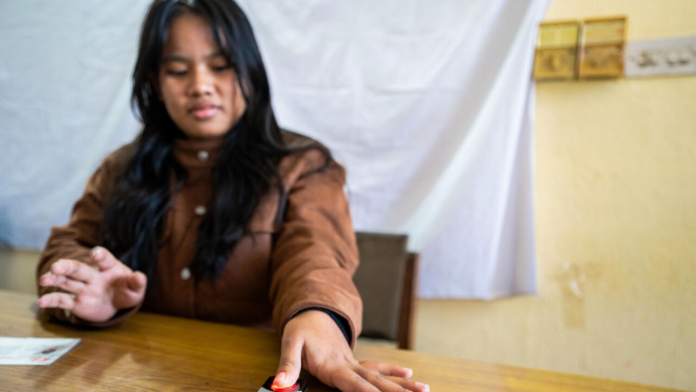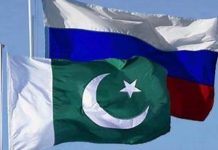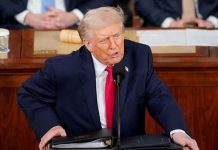KATHMANDU, NOV 20 (AFP/APP/DNA):Months after a deadly uprising, Nepalis are again lining up — not to demonstrate, but to register to vote and potentially run in the election they helped bring about.
“We must have new faces in the election,” said Kishori Karki, a 25-year-old law graduate, who is not only a first time voter but also applied to register a new party for March 2026 polls.
She is among the young Nepalis stepping forward as candidates in a political system long dominated by familiar, ageing faces.
Footage of Karki taking an injured demonstrator to hospital on a motorbike — on the first day of protests that toppled the government — was among the many videos that went viral.
The September 8-9 demonstrations, initially triggered by anger over a brief government ban on social media, were spearheaded by protesters under the loose “Gen Z” umbrella title.
Anger, however, ran deeper. Years of economic stagnation and entrenched corruption had primed the country of 30 million people for upheaval.
Karki says she wants to keep the movement’s spirit alive.
“It was important that we bring the people who were in the movement, who want to do something, under one umbrella,” she told AFP.
– ‘Need new thinking’ –
At least 76 people were killed during the demonstrations. Parliament, courts and government offices were torched, and four-time prime minister KP Sharma Oli, 73, was ousted.
Thousands of young activists then used the group-chat app Discord to nominate 73-year-old former chief justice Sushila Karki as their preferred interim leader.
Days later, she was appointed to steer the Himalayan nation until elections on March 5, 2026.
“If the very generation that led the protest which brought this government to power does not participate in the election it is now conducting, then how will the movement be truly institutionalised?” asked Uparjun Chamling.
The 25-year-old, who participated in the protest, also intends to stand in the upcoming election.
“In the spirit of the Gen Z movement we need new faces,” he said. “But, more importantly, we need new thinking.”
Voter interest has surged, especially among young people who see the election as a critical test of whether their movement can translate into meaningful change.
“The protest sparked my interest in politics,” said Sabita Biswokarma, a 26-year-old student, among the young who queued this week to register before the November 21 deadline.
Nearly 675,000 new voters have already registered, half of them through a new online system that young Nepalis have welcomed.
“The online registration was encouraging,” added Biswokarma. “So to some extent, Gen Z demands are being heard.”

















